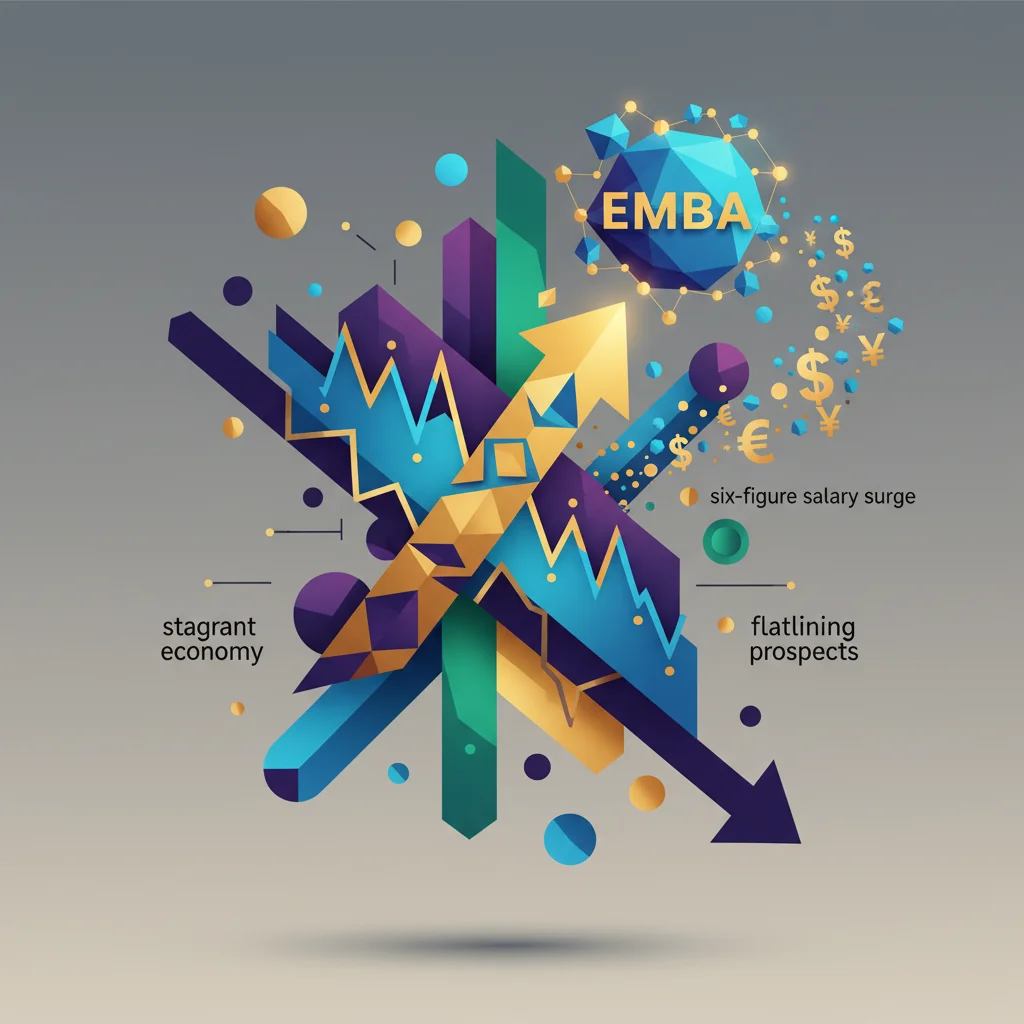
The EMBA Anomaly: Decoding the Six-Figure Salary Surge in a Stagnant Economy
In an economic landscape defined by uncertainty, inflation, and stagnant wage growth, a surprising outlier has emerged. While many professionals see their salary prospects flatlining, graduates from the world’s top Executive MBA (EMBA) programs are experiencing a significant financial surge. The latest Financial Times 2025 Executive MBA Ranking reveals a compelling narrative: strategic investment in high-level education is yielding remarkable returns, creating a clear divide between generalist degrees and specialized executive leadership training.
For investors, finance professionals, and ambitious business leaders, this data isn’t just academic—it’s a critical signal about where the true value lies in career development and human capital investment. As the global economy grapples with tectonic shifts, understanding the mechanics behind this EMBA premium is essential for anyone looking to secure their financial future and leadership position.
The Unmistakable Rise of the Executive Degree
The headline from the FT’s comprehensive analysis is stark: alumni from the top 100 EMBA programs surveyed reported an average salary of nearly $300,000 three years after graduation. This figure isn’t just impressive in isolation; it stands in sharp contrast to the performance of other postgraduate business degrees. For instance, the salaries for alumni of Masters in Management and even some full-time MBA programs have shown little to no growth, reflecting the broader wage pressures felt across many sectors.
At the apex of this trend is the Washington University-Fudan University EMBA program, which has claimed the top spot in the rankings. Graduates from this powerhouse US-China collaboration reported an average salary of an astounding $559,555, marking a 147% increase from their pre-program earnings (source). This success underscores a crucial theme: the value of global perspective and cross-cultural business acumen in an increasingly interconnected, yet fragmented, world.
To better understand the landscape, let’s examine the top performers and the financial metrics that set them apart.
| Rank | Business School/Program | Average Salary (USD) | Salary Increase (%) |
|---|---|---|---|
| 1 | Washington University: Olin / Fudan University | $559,555 | 147% |
| 2 | Ceibs | $558,166 | 102% |
| 3 | HKUST / Kellogg | $549,194 | 97% |
| 4 | Trium: HEC Paris / LSE / NYU: Stern | $517,800 | 90% |
| 5 | University of Hong Kong | $467,737 | 101% |
Data sourced from the Financial Times 2025 EMBA Ranking.
This data clearly illustrates that the financial benefits are not marginal. A near-doubling or more of pre-EMBA salary is the standard among the elite, cementing the degree’s status as a powerful tool for career and wealth acceleration.


